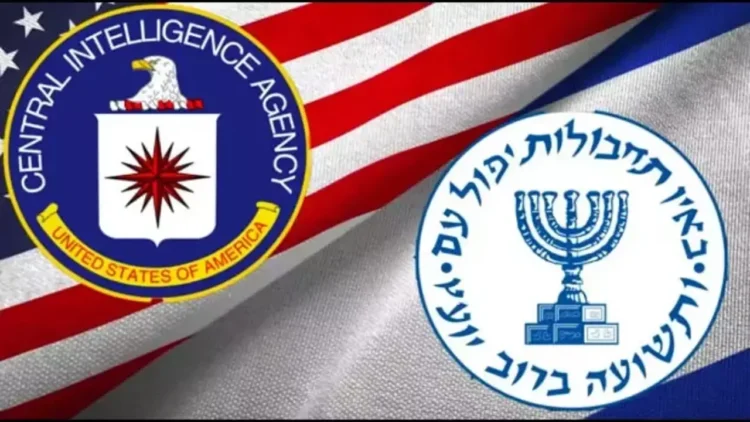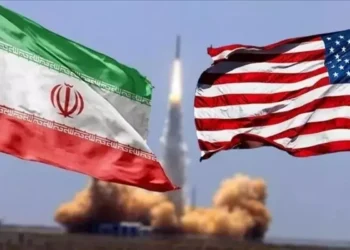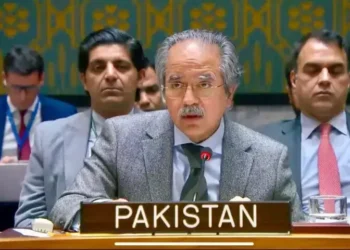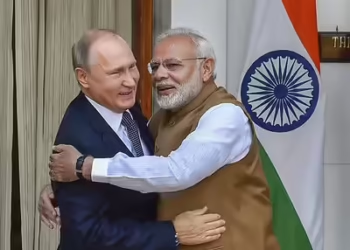ISLAMABAD; Pakistan’s Information Ministry on Tuesday strongly rejected what it described as a “completely fabricated” news report claiming a secret understanding between Pakistan’s leadership, the US Central Intelligence Agency (CIA), and Israel’s intelligence agency Mossad to deploy Pakistani troops to Gaza under a US-brokered peace initiative.
According to the ministry’s official statement, the report—originally circulated by India’s CNN-News18 and Firstpost—was “false, baseless and malicious propaganda” aimed at misrepresenting Pakistan’s foreign policy and damaging its image among Muslim nations.
The ministry categorically stated that “Pakistan does not recognise Israel, has no diplomatic or military engagement with it, and maintains a clear, principled stance in support of Palestinian self-determination.” It added that neither the Inter-Services Public Relations (ISPR) nor any credible Pakistani or international source had issued or verified any plan for a troop deployment to Gaza.
The Alleged Report
Earlier in the day, Firstpost, citing CNN-News18, claimed that Pakistan was preparing to send up to 20,000 troops to Gaza following secret meetings between Chief of Army Staff General Asim Munir, Mossad officials, and the CIA.
The report further alleged that Pakistani forces would be tasked with “neutralising remaining Hamas elements,” “acting as a buffer force between Israel and Gaza’s armed groups,” and “assisting in reconstruction efforts.” It also suggested Pakistan would receive economic incentives in return, including World Bank loan concessions and financial aid through Gulf intermediaries.
Official Response and Context
Dismissing these allegations, the Information Ministry said CNN-News18 has a “history of publishing anti-Pakistan disinformation based on unverified intelligence claims.” The ministry labelled the report a “manufactured propaganda piece” with “no factual or institutional basis.”
Officials familiar with internal deliberations, however, acknowledged that discussions within Pakistan’s government and military circles were ongoing regarding possible participation in the International Stabilisation Force (ISF)—a key component of the recently finalised US-brokered Gaza Peace Agreement.
The ISF, composed mainly of troops from Muslim-majority nations, would be tasked with maintaining internal security, disarming Hamas, and facilitating reconstruction under a transitional Palestinian authority. Pakistani officials say Islamabad’s participation—if decided—would be driven by moral responsibility, diplomatic necessity, and Pakistan’s strong record in UN peacekeeping operations.
Pakistan has contributed over 200,000 troops to more than 40 UN peacekeeping missions across Africa, Asia, and the Middle East, making it one of the world’s largest contributors to such operations.
Diplomatic and Domestic Considerations
Officials noted that Pakistan’s inclusion in the ISF could enhance its international credibility and further improve ties with Washington, which have gradually warmed since Donald Trump’s return to the White House.
However, concerns remain about the legal framework for any deployment, with officials insisting that Pakistan would prefer such a mission to operate under a UN mandate.
Analysts caution that any involvement in Gaza’s post-war stabilisation could be politically risky, as domestic sentiment in Pakistan overwhelmingly supports the Palestinian cause. Many Pakistanis may view participation in a US-designed mission as favouring Israeli interests. “It’s a difficult but defining choice,” said an official involved in the discussions.



































































